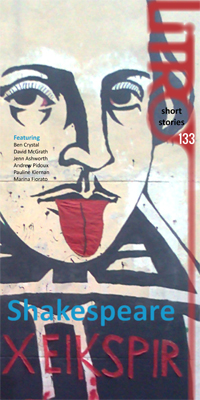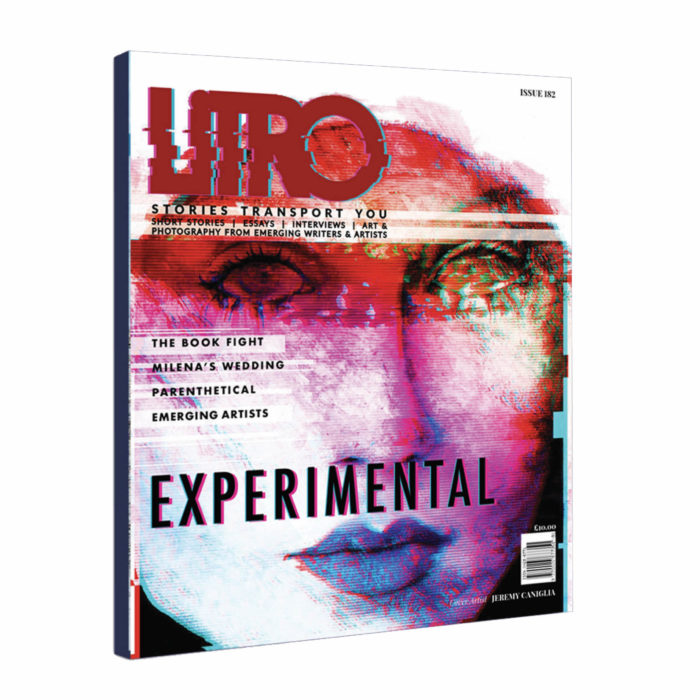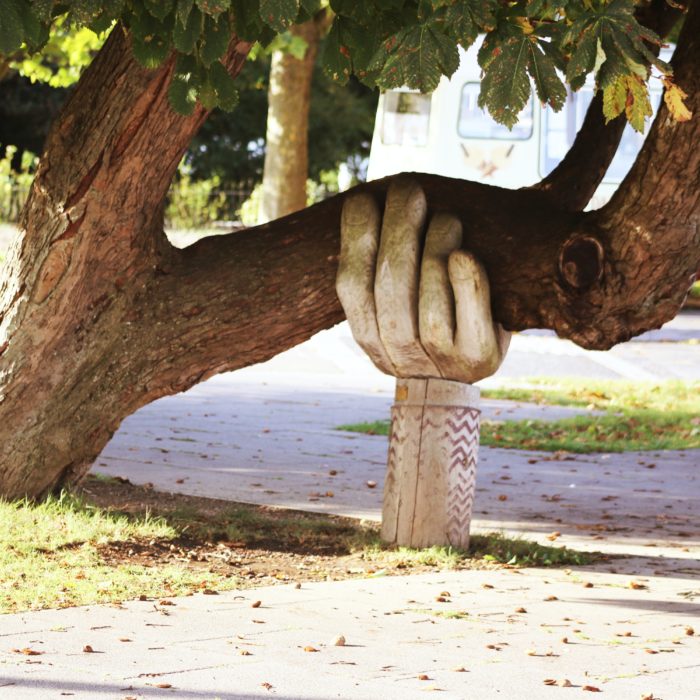You have no items in your cart. Want to get some nice things?
Go shoppingAs someone who’s rapidly approaching forty, I know a little about milestone birthdays. They come with peer pressure, and reminiscence – and ziggurats of cake.
But none of us come close to the 450 years Shakespeare is celebrating this April. What do you buy someone who’s already Britain’s greatest cultural hero? Maybe a little celebrity love. Benedict Cumberbatch just announced that he’ll be playing Hamlet this summer, and over the last few years everyone from James MacEvoy to Jude Law has been breathing life into the Bard’s words.
But perhaps all this celebrity glamour is blinding us to the real issue: does Shakespeare speak to our minorities? Is Othello all he has to offer for Britain’s new multicultural landscape? Should we pay attention to the celebrities flocking to play his great heroes – or the men and women who take on the smaller roles, who toil behind the scenes to keep Shakespeare’s words alive for today’s audiences?
We’ve put together Litro #133, an issue devoted to The Bard, as a special gift for his 450th birthday – and to shine the spotlight into some dimly lit corners. Our curtain rises on Ben Crystal – renowned Shakespeare producer, actor and author – as he shares Year of the Prince, a contemplation of what it means to play the greatest stage role of all time: Hamlet. Just like every great actor, Ben makes us laugh, and cry, and keeps us rooted to our seats until they bring the curtain down. If you’ve ever wondered what it’s like to stand in the spotlight and read those immortal words – “To be or not to be” – this is the answer.
Ben’s Hamlet is a tough act to follow, but England’s writers are up to the task. David McGrath uses Hamlet’s “slings and arrows of outrageous fortune” as an inspirational springboard, applying them to one of London’s most notorious neighborhoods: Soho. Then Jenn Ashworth brings King Lear up to date with Doted, a short story that proves (if there was ever any doubt) that Shakespeare’s themes are just as relevant now as they were four centuries ago.
No celebration of The Bard’s work would be complete without a few lines of verse, so Andrew Pidoux does the honours with Shakespeare’s Words, a poetic rumination on the legacy he left behind – not in the bricks of Stratford, or the over-familiar portraits, but in the words he etched into our cultural foundations. That’s followed by Pauline Kiernan’s Getting Rid of Ovid, a colourful exploration of Shakespeare’s own inspirations, and the debt he owed to the great Roman poet. Finally, we talk to Marina Fiorato about her latest novel, Beatrice and Benedick, and the changes in attitudes towards ethnic minorities that the last four centuries have brought.
It’s hard to measure the effect that any single writer, or artist, has on our culture as a whole. There is no formula to quantify artistic influence, no iPhone app to weigh the complex interactions of art and artists through the ages. But one thing is clear: 450 years after Shakespeare’s birth, it’s hard to imagine British literature – or theatre, or cinema – without that distinctive bald-headed silhouette whispering prompts from the wings.
Dan Coxon
Editor
About Dan Coxon
Dan Coxon is the Magazine Editor for Litro.co.uk, and the author of Ka Mate: Travels in New Zealand. He lives in London, where he spends his spare time looking after his two-year old son, Jacob. His writing has most recently appeared in Salon, The Portland Review, Neon, Gutter, The Weeklings, The Nervous Breakdown, Spartan, and the Ben Tanzer-edited anthology Daddy Cool. Find more of his writing at www.dancoxon.com, or follow him on Twitter @DanCoxonAuthor.





